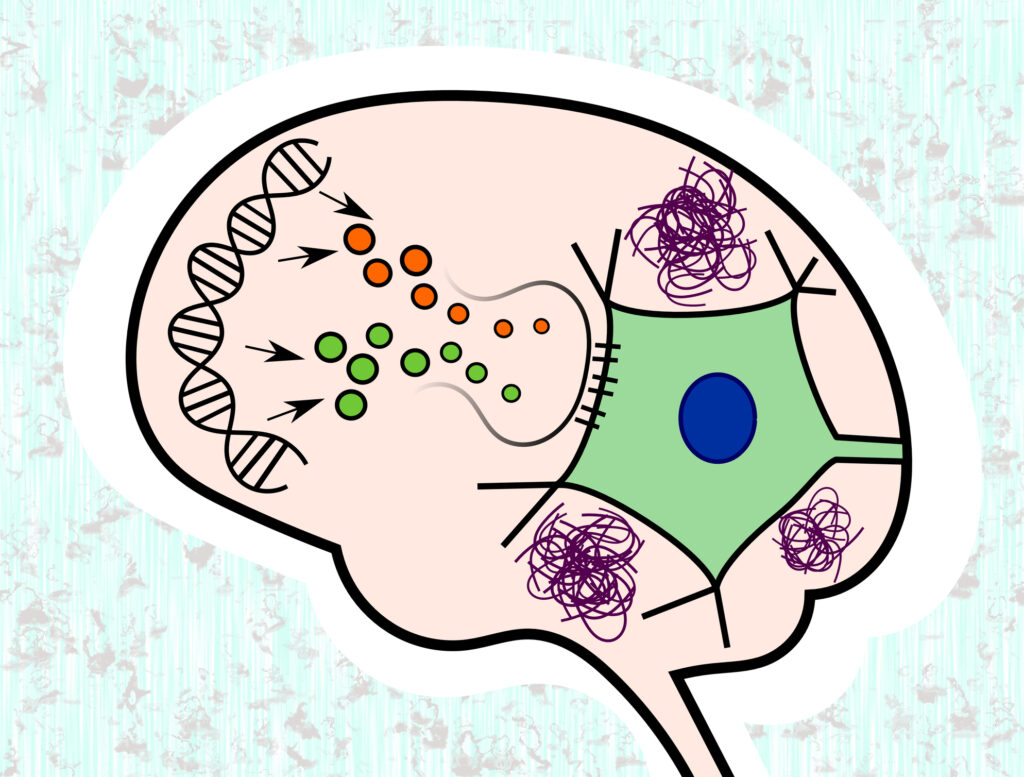Alzheimer’s disease is the leading cause of dementia, affecting millions of people worldwide and posing ongoing challenges in diagnosis, treatment, and care. While there is currently no cure, memory loss clinical trials play a central role in shaping the future of Alzheimer’s treatment. These trials, designed to explore new therapies and deepen our understanding of the disease, are essential for developing effective interventions.
Understanding Memory Loss in Alzheimer’s
Memory loss is one of the earliest and most recognisable symptoms of Alzheimer’s disease. It typically begins with mild forgetfulness, such as misplacing items or having trouble recalling names, and gradually progresses to more severe cognitive decline. This deterioration impacts daily functioning, personal relationships, and overall quality of life. Because memory loss is so closely associated with Alzheimer’s, it often serves as a primary focus in clinical research aimed at slowing or reversing the condition’s progression.
The Importance of Clinical Trials
Clinical trials involve human volunteers to assess the safety and efficacy of new drugs, therapies, and diagnostic tools. In the context of Alzheimer’s, trials involving individuals with memory loss are particularly important. They enable researchers to investigate how potential treatments impact cognitive decline, which in turn informs clinical decisions and regulatory approval processes.
Memory loss clinical trials are structured across four phases, beginning with small-scale safety assessments and culminating in large-scale studies designed to confirm efficacy and monitor side effects. Each phase contributes valuable data that helps researchers determine whether a treatment is worth pursuing further or requires modification.
Types of Clinical Trials in Alzheimer’s Research
There are several types of memory loss clinical trials targeting Alzheimer’s disease:
- Drug Trials – These investigate pharmaceutical compounds designed to modify disease progression or alleviate symptoms. Some drugs aim to reduce beta-amyloid plaques in the brain, while others target tau protein build-up, both of which are hallmark features of Alzheimer’s pathology.
- Non-Drug Interventions – These trials assess the effects of lifestyle changes, such as diet, exercise, cognitive training, and sleep improvement, on memory loss. In many cases, they explore how non-invasive methods can slow cognitive decline or enhance brain resilience.
- Diagnostic Trials – With early detection considered key to effective treatment, some studies focus on developing better diagnostic tools. These may involve brain imaging, blood tests, or digital cognitive assessments to detect Alzheimer’s at a pre-symptomatic stage.
- Prevention Trials – Targeting individuals at risk but not yet showing symptoms, these studies aim to determine whether early interventions can prevent or delay the onset of memory loss and dementia.
Contributions to Medical Progress
Clinical trials for memory loss have already contributed to several advances in Alzheimer’s treatment. For instance, trials led to the development of cholinesterase inhibitors, which temporarily improve symptoms in some patients by boosting neurotransmitter levels in the brain. More recently, monoclonal antibodies targeting beta-amyloid have shown promise in slowing disease progression, with some receiving conditional regulatory approval in various countries.
In addition to therapeutic advancements, trials have improved understanding of the disease’s biological underpinnings. Researchers now have a better understanding of genetic risk factors, the role of inflammation, and the impact of cardiovascular health on cognitive decline. These insights guide future investigations and support the development of more targeted treatments.
Ethical Considerations and Challenges
Conducting clinical trials in individuals with memory loss involves complex ethical considerations. Participants may struggle to provide fully informed consent due to their cognitive impairment, so researchers must work closely with caregivers and ethics committees to ensure appropriate protections are in place.
Recruitment can also be difficult, particularly in the later stages of the disease when patients may be less able or willing to participate. Furthermore, trials are expensive and time-consuming, often requiring years of research and rigorous data analysis before a treatment can be deemed effective.
The Role of Patients and Caregivers
Patients who participate in memory loss clinical trials contribute not only to the advancement of medical knowledge but also to the potential benefit of future generations. Their involvement helps scientists gather real-world evidence on how treatments perform across diverse populations and stages of disease progression.
Caregivers play a vital role in supporting trial participants. They often help with logistical arrangements, medication monitoring, and symptom reporting — responsibilities that are crucial to the integrity and success of the trial. Increasingly, clinical research recognises the importance of caregiver input when evaluating quality-of-life outcomes.
Looking Ahead
As global populations age, the need for effective Alzheimer’s treatments becomes more pressing. Memory loss clinical trials will remain a driving force behind this progress, offering hope to millions affected by the disease. Technological innovations, such as artificial intelligence, digital biomarkers, and remote monitoring tools, are likely to enhance the design and efficiency of future trials.
Additionally, efforts are being made to make trials more inclusive by recruiting participants from diverse backgrounds and improving access through decentralised and at-home research models. These developments aim to ensure that treatments are safe and effective for everyone affected by Alzheimer’s, regardless of demographic or geographic factors.
Conclusion
Memory loss clinical trials are a cornerstone of Alzheimer’s research, providing critical insights that bring scientists closer to effective treatment options. While challenges remain, each study adds a piece to the puzzle, shaping a future in which memory loss may no longer mean an inevitable decline. By continuing to invest in clinical research and supporting those who take part, we edge ever closer to breakthroughs that could transform the lives of people with Alzheimer’s and their loved ones.
Disclaimer:
The content provided in this article is intended for informational purposes only and should not be considered medical advice, diagnosis, or treatment recommendation. Open Medscience does not endorse any specific clinical trial, treatment, or therapy mentioned herein. Individuals interested in participating in clinical trials or seeking medical guidance should consult a qualified healthcare professional. Clinical research is constantly evolving, and while efforts are made to ensure the accuracy and timeliness of the information presented, no guarantee is made regarding its completeness or relevance to individual circumstances. Participation in clinical trials involves potential risks and should be carefully considered in consultation with medical experts.




